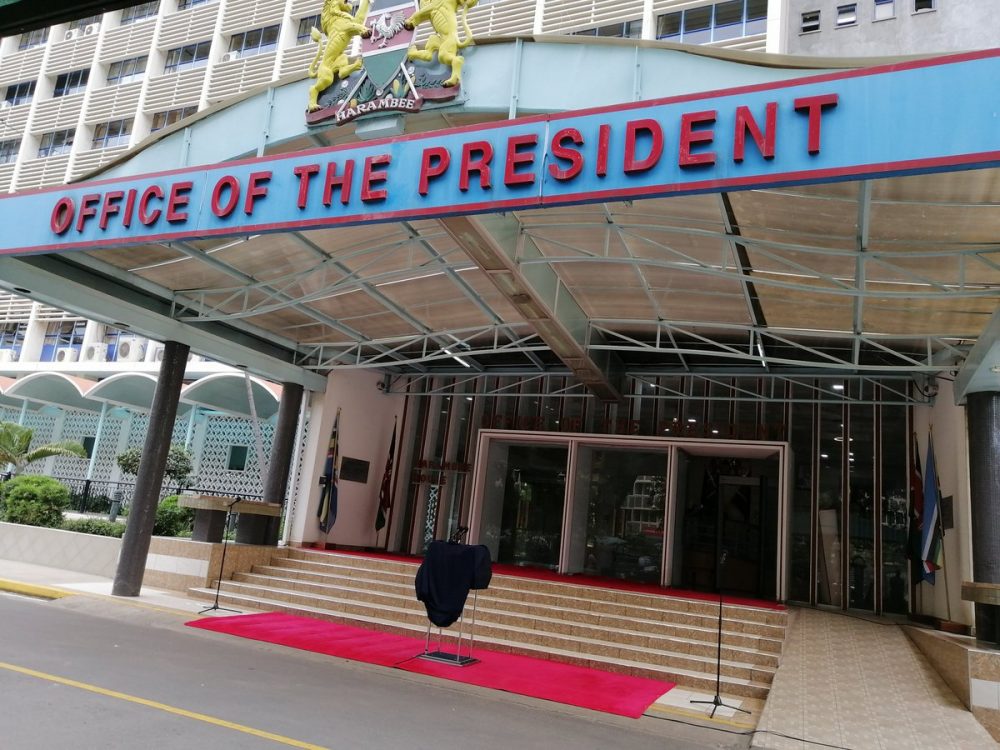President’s office, Interior lead in pending bills – Audit report

Various ministries, departments and agencies (MDAs) and donor organisations failed to settle pending bills amounting to Sh105.8 billion, an audit report has revealed.
Among the most indebted departments are the Office of the President, Interior ministry and the Ministry of Health.
The report by the Auditor General Nancy Gathungu shows that the bills were carried forward to the current financial year instead of being disposed of in the 2021/2022 financial year.
According to the report, the failure to settle bills in the year to which they are attributed to is due to inadequate budgets as a result of starting new projects or activities before completion of projects and activities started earlier. The report states that bills worth Sh57.59 billion are from MDAs, while bills amounting to Sh48. 3 billion are from donor funded projects.
According to the report, the highest pending bills, amounting to Sh 101.1 billion, were incurred in the 2019/2020 financial year.
County disbursements
In the 2018/2019 financial year, the bills stood at Sh80.5 billion, in the 2021/2021 Sh72.3 billion, Sh57.5 billion in 2021/2022 financial year and Sh46.5 billion in the 2017/2018 financial year.
“The total pending bills of Sh105,782,664,596 reported under Ministries, Departments and Agencies (MDAs) and Donor Funded Projects in 2021/2022 does not include an amount of Sh29,600,000,000 Exchequer releases owed to the County Governments by the National Government as at 30 June, 2022. The pending bills balance is also exclusive of Sh2,117,739,850 required to be paid into the Equalization Fund,” the report says.
Cash circulation
The report raises concerns that failure to settle the pending bills had continued to put pressure on scarce resources, with some of the bills attracting penalties.
It also raises concerns that suppliers of goods and services to public entities face unwarranted financial charges from their financiers as they supply goods and services on credit to the government without proper arrangements or agreements on credit facilities with the government.
“Failure to settle the bills has an effect of withholding circulation of cash in the economy and affects the smooth operations of suppliers and Micro, Small and Medium Enterprises (MSMEs). In addition, failure to pay affects revenue collection due from Value Added Tax (VAT) and Withholding Tax. All these factors viewed holistically call for the Executive to put in place strict measures to deter the escalation of pending bills,” adds the report.
It also raises concerns that the failure to settle the bills would also adversely affect the subsequent year’s budgeted programmes as it may lead to reallocation of funds or non-delivery of critical services.
“The closing balance of pending bills in a previous year is not taken into consideration during the formulation of the budget for the subsequent year. This means that the subsequent year’s budget is unlikely to be sufficient to settle unpaid commitments relating to operations of the previous year and at the same time fund the programmes for a current year. It is also an indication of Accounting Officers committing funds which are not available,” adds the report.
The department that had the highest pending bill is the Executive Office of the President whose bills stand at Sh15.95 billion followed by State Department for Crop Development and Agricultural Research with Sh9.4 billion, the State Department for Interior and Citizen Services with Sh5.4 billion and the Ministry of Health with Sh4.8 billion.








